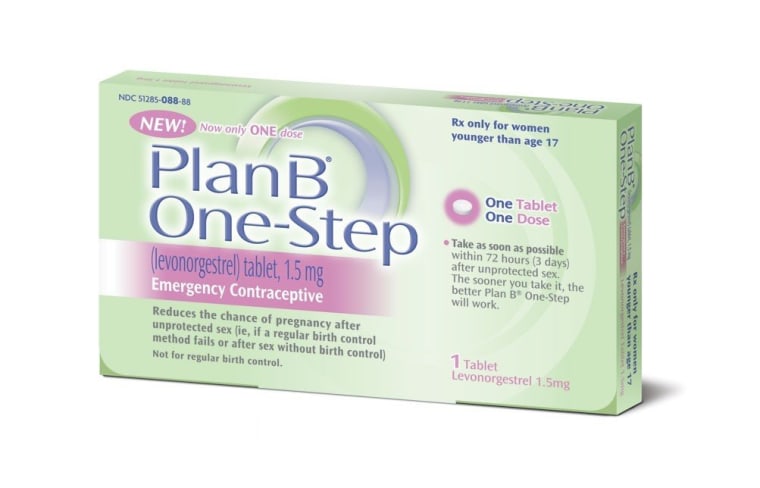Wednesday's unprecedented overrule of the FDA after its approval of emergency contraception Plan B for over-the-counter sales invited its share of criticism, but President Obama seems to have really set it off with his defense of that decision yesterday.
Author and Salon writer Rebecca Traister asked, "When will Barack Obama learn how to talk thoughtfully about women, women’s health and women’s rights? Apparently, not today." Pivoting off the President mentioning that he's the father of two daughters in the course of his defense, Ms. Traister continued:
I think it is important for my president not to turn to paternalistic claptrap and enfeebling references to the imagined ineptitude and irresponsibility of his daughters – and young women around the country – to justify a curtailment of access to medically safe contraceptives. The notion that in aggressively conscribing women’s abilities to protect themselves against unplanned pregnancy Obama is just laying down some Olde Fashioned Dad Sense diminishes an issue of gender equality, sexual health and medical access. Recasting this debate as an episode of “Father Knows Best” reaffirms hoary attitudes about young women and sex that had their repressive heyday in the era whence that program sprang.
How the decision is felt in our cultural commentary, that's one aspect of the backlash. Amanda Marcotte offered two more, science and socio-economics, in her Reuters column yesterday, detailing how sound the science is -- and adding that Canada sells Plan B over the counter without restrictions, and has one-third of the teen births than we do here in America. Colorlines' Akiba Solomon noted how the Plan B overrule specifically hurts young women of color.
When it comes to the politics, Forbes science and medicine reporter Matthew Herper found some former FDA staffers who are "beyond disappointed" with the administration's decision. A former FDA assistant commissioner for women's health believes this goes against an earlier (and somewhat vague) presidential promise:
“This is contrary to the scientific integrity memo signed by Obama,” Wood says. “It’s contrary to the whole principal of making decisions based on science and evidence.”
Herper pivoted off that criticism to ask a few very good questions. See them after the jump.
Herper asked:
Whatever the merits of the Plan B decision, using Sebelius’ power in this way may tarnish what has been one of the Obama administration’s great, pro-business achievements: [FDA Commissioner Margaret] Hamburg’s successful transformation of an embattled FDA, scarred and damaged by the controversies over big pharmaceutical industry scandals like Vioxx and Avandia, into an agency that is approving new medicines and a near-record clip and clearly and efficiently deals with new controversies as they crop up. The question is whether this decision is a one-off, or a change in the way medicines are regulated. Could future negotiations with drug companies be weakened by the fear that the FDA commissioner would be overruled? And even if [Health and Human Service Secretary Kathleen] Sebelius is always going to back up Hamburg on every other regulatory decision, what about future administrations?
